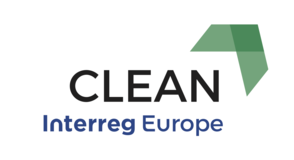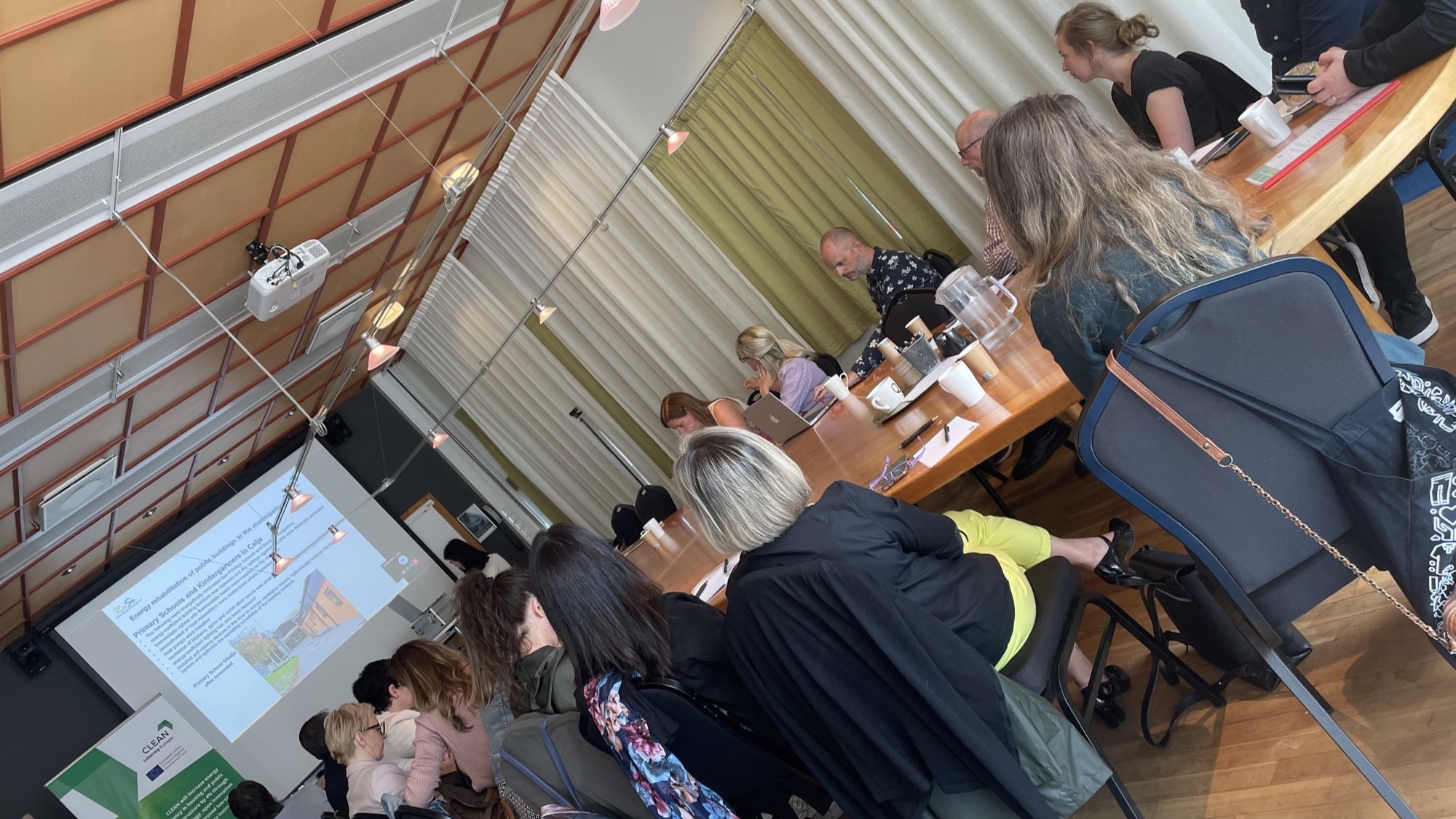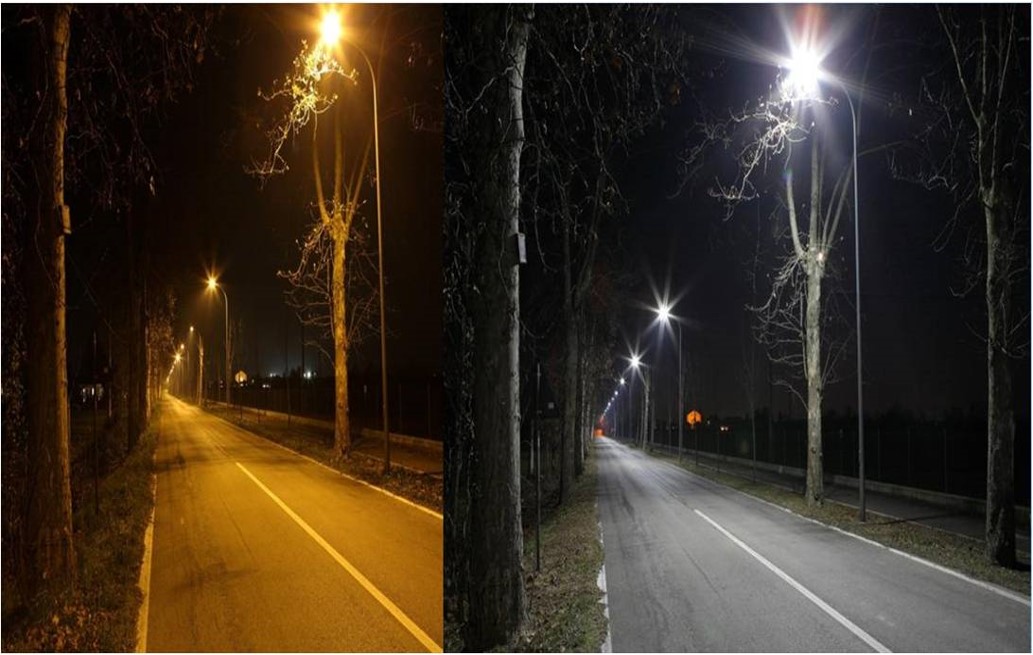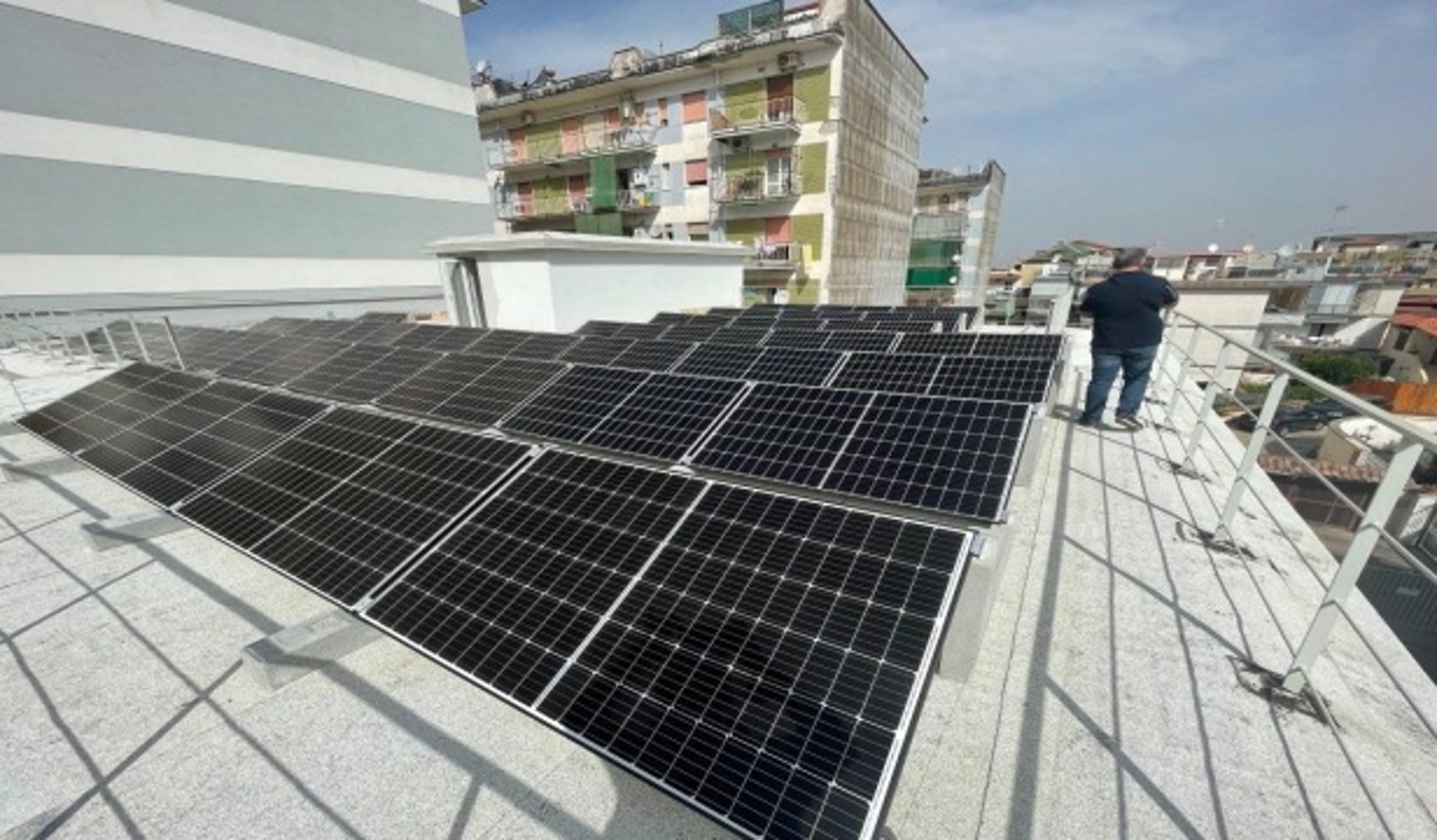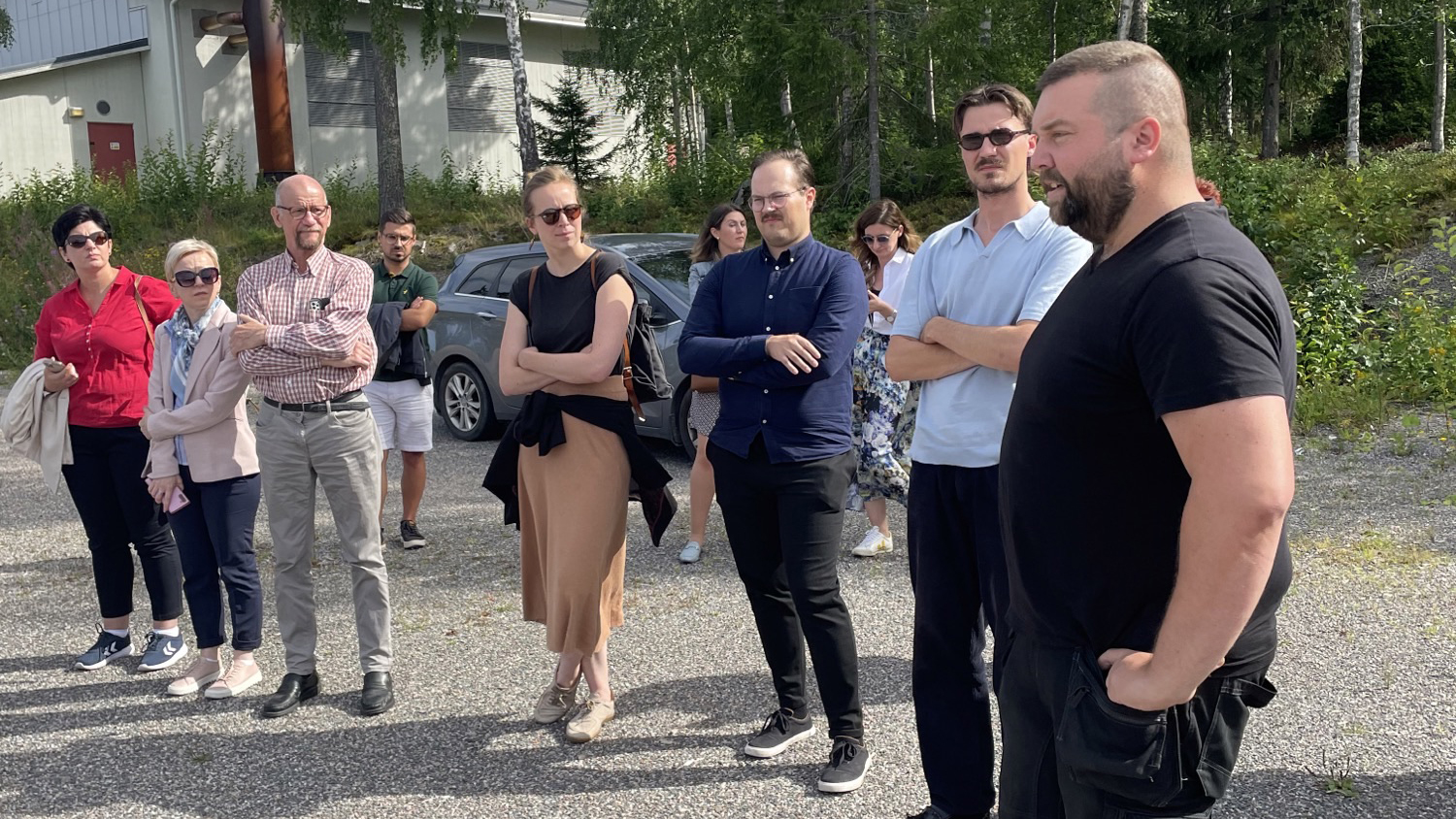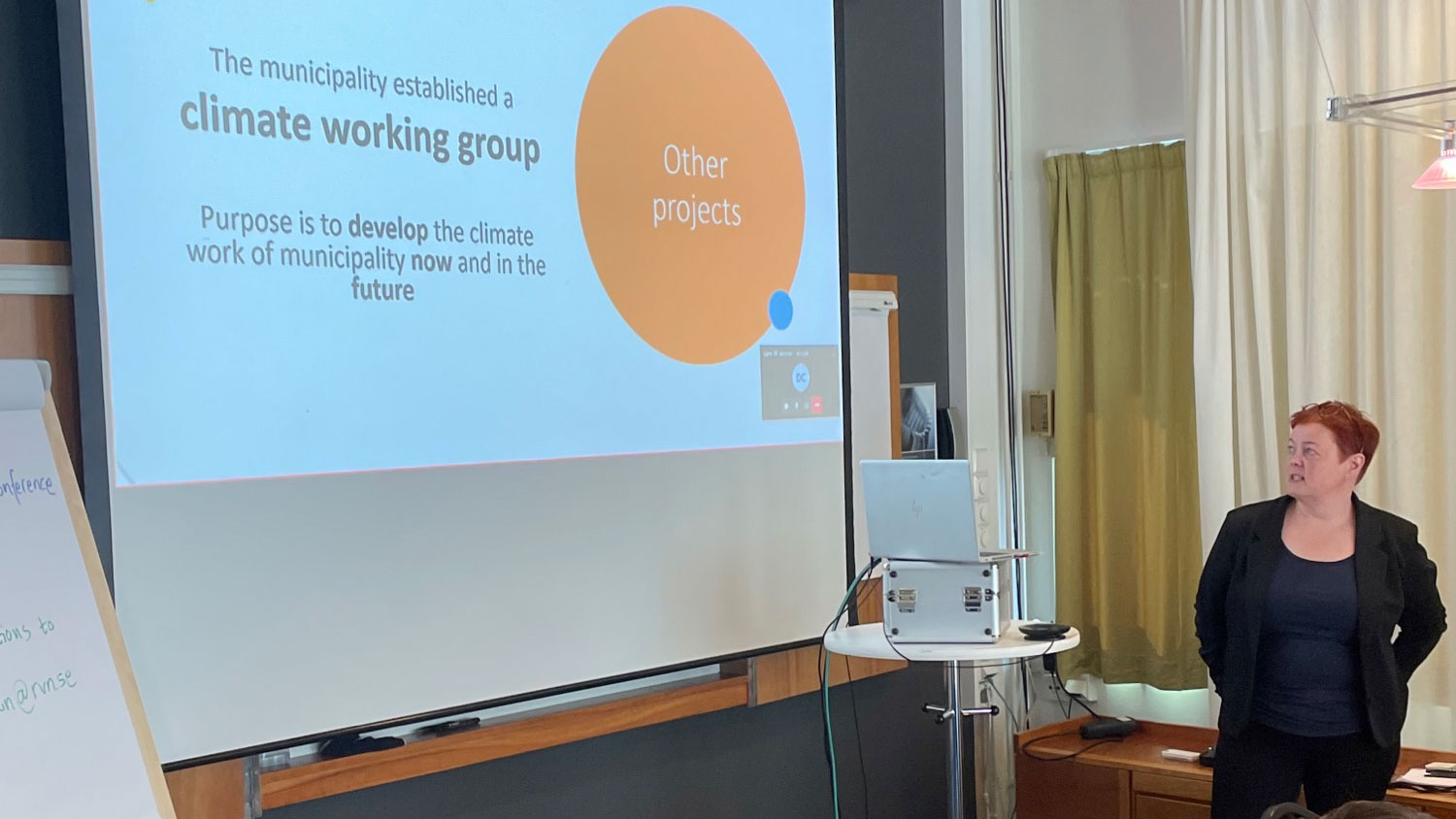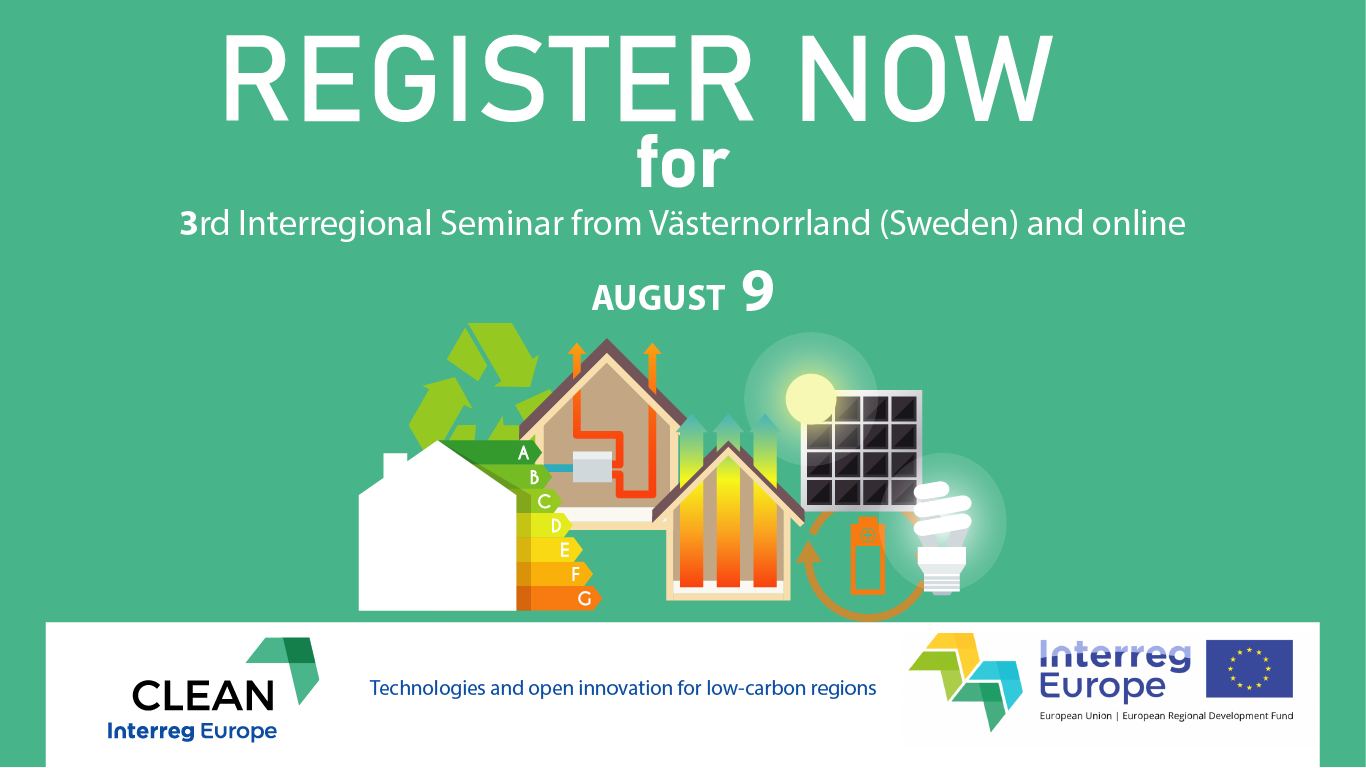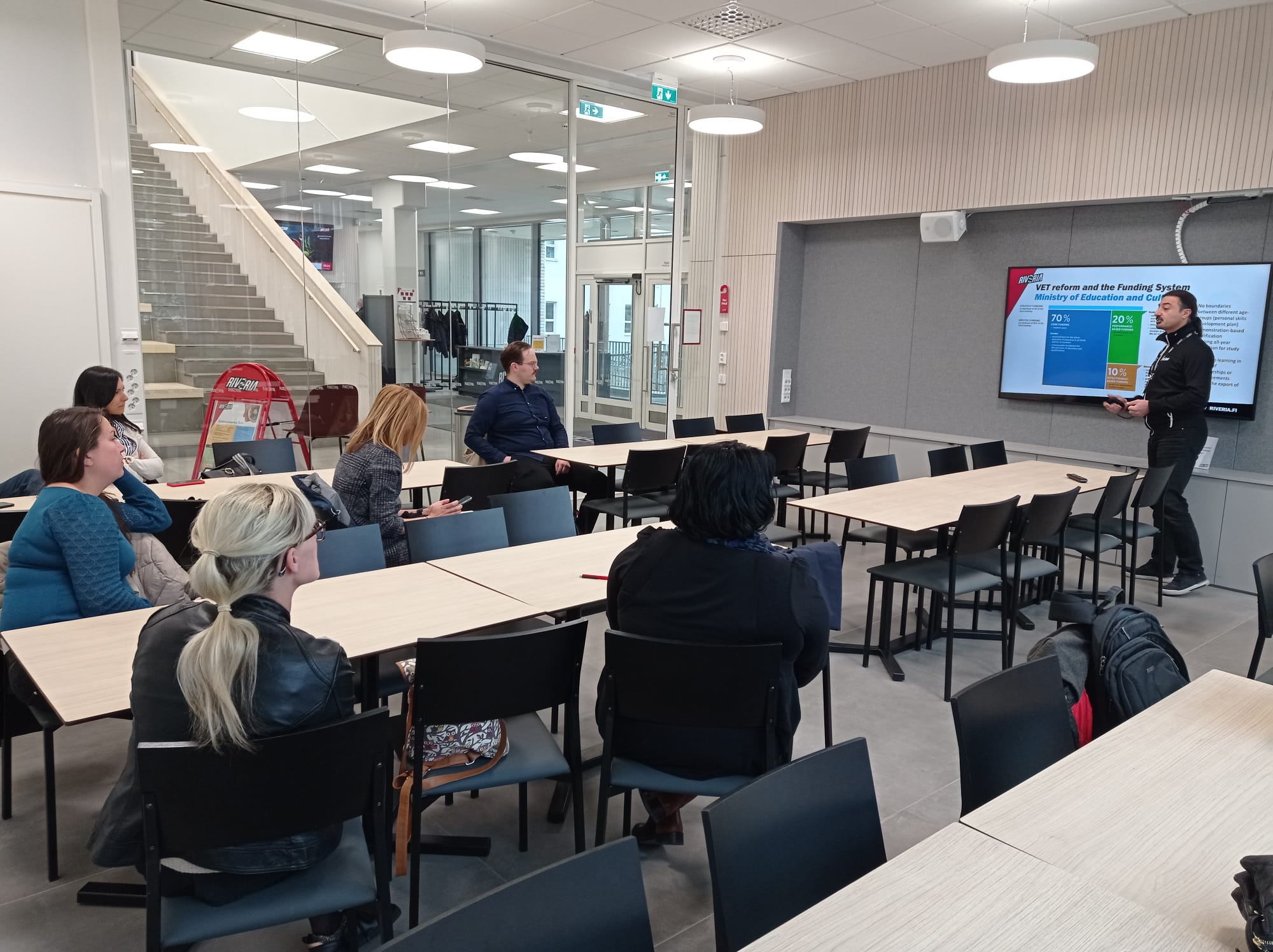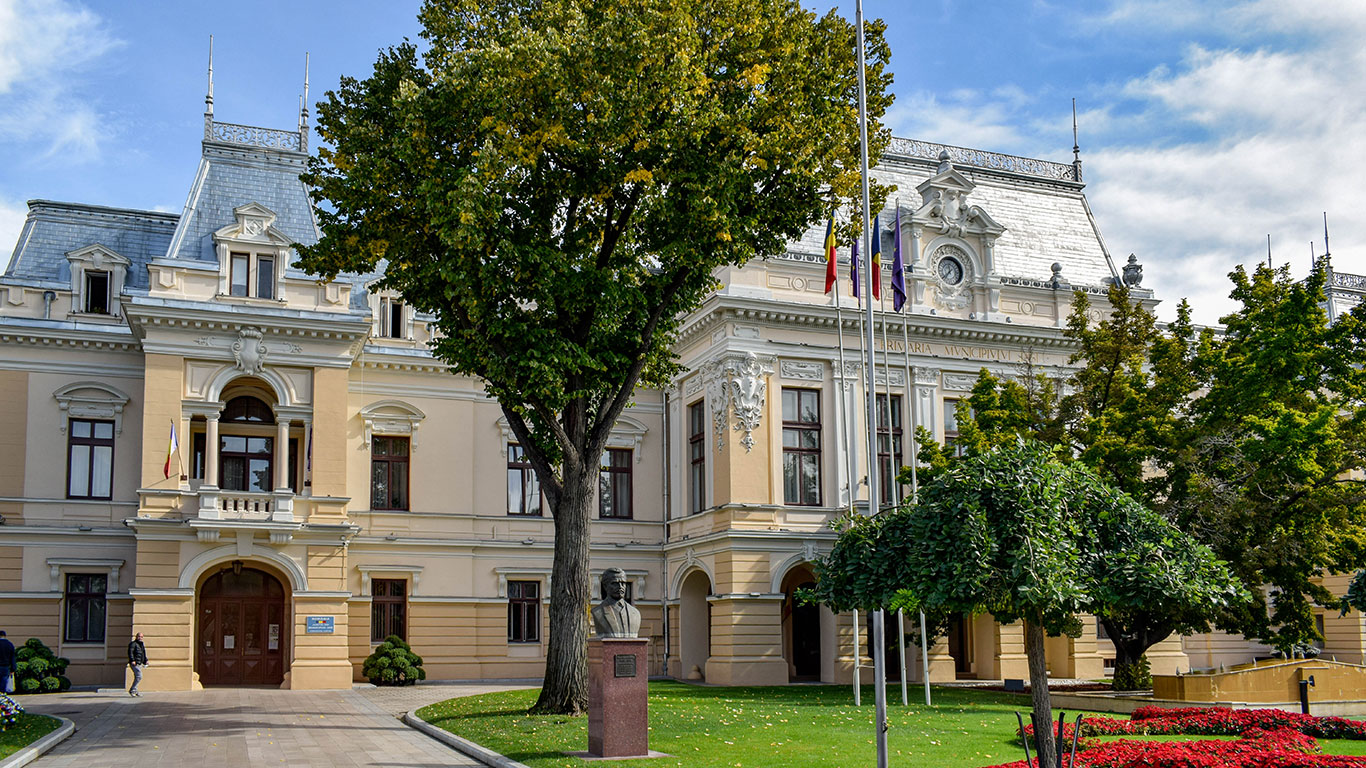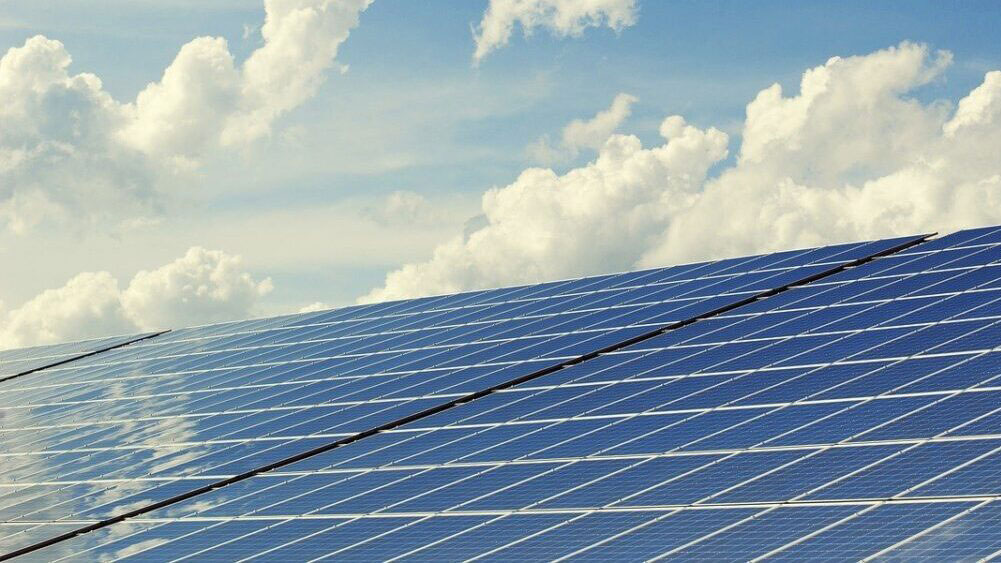Representatives from ERNACT (Ireland), lead partner of the CLEAN project, and from the Development Agency of Savinjska Region (Slovenia) have travelled to North Karelia (Finland) the 23rd and the 24th of January 2018 to learn more about the Finnish Good Practices that Regional Council of North Karelia presented at CLEAN’s launch conference last October in Normandy (France).
Partners got the opportunity to find out more about the heat recovery system from exhaust air at the Central Hospital of Joensuu city, the heat recovery from municipal wastewater installations, the energy efficiency measures at Sirkkala Renewable Energy Park and the project for thermal heating renovation of Sokos Hotel Koli. “We found these practices very innovative and interesting for the North West of Ireland. Now we are looking forward to meeting our stakeholders and disseminating all the knowledge we got through this staff exchange. We would like to further strength the interregional exchange of experience and cooperation”, says Ianire Renobales, Project Manager at ERNACT.
“The North Karelia region has a vision to be fossil free region. We also find it very interesting. So, we saw lots of common points in energy efficiency, especially in energy savings in heating (different EE heating systems) and electricity (lighting)”, adds Nina Ipavec, Project Manager at the Development Agency of Savinjska Region.
Heat recovery from exhaust air at the Central Hospital
The Central Hospital is located in Joensuu city area. Real Estate Manager at North Karelia Central Hospital, Otto Heikkinen, highlighted that there are two main energy consumption ways in the building: electric power consumption, 15 714 696 KWh per year and heat energy consumption, 18 513 Mwh.
Granlund Consulting, Anssi Pesonen, explained the regional cooling system and energy consumption in the hospitals of the region. The peak need of cooling (app. 90%) is due to the air conditioning in summer time, even if there is no need of heating. For example, they need cooling for medical utilities or examination equipment. Therefore, they have developed a pilot project to optimize this system, including, heating pumps and very cold water in pipes.
The benefits of a regional cooling system compared to decentralized systems is that the regional system leads to cost savings in both investment cost and energy cost; it is also flexible when it needs to be changed and energy savings can be reached by recycling the energy inside the regional system. Regarding the challenges, space is required inside the building (machinery room) and outside (air cooled condenser or dry coolers). This means that heavy equipment demands heavy structures. Furthermore, the noise could be a problem.
Heat recovery from municipal wastewater in Joensuu
The municipal wastewater treatment plant located in Joensuu city started working in 1975 and nowadays, it employs 48 people. The long wastewater system has 900km size in the city area. According to the Facility Manager Pasi Kakkonen, by heat pumps they can produce enough energy for heating up the buildings during winter time and they have been able to replace fossil oil used for thermal drying of the sludge with biogas. That means that they produce heat from water waste instead of using oil. In that way, they are saving energy. Furthermore, following this system they save up to 300.000€ annually.
Kakkonen also added that 25 litres per second of wastewater run through the pumps of this plant. They provide energy from wastewater as biogas and the side product is sludge, a dry product from wastewater treatment processes that is not appropriate for any other further use.
Continue reading about more Finnish good energy practices brought to light during the staff exchange.
